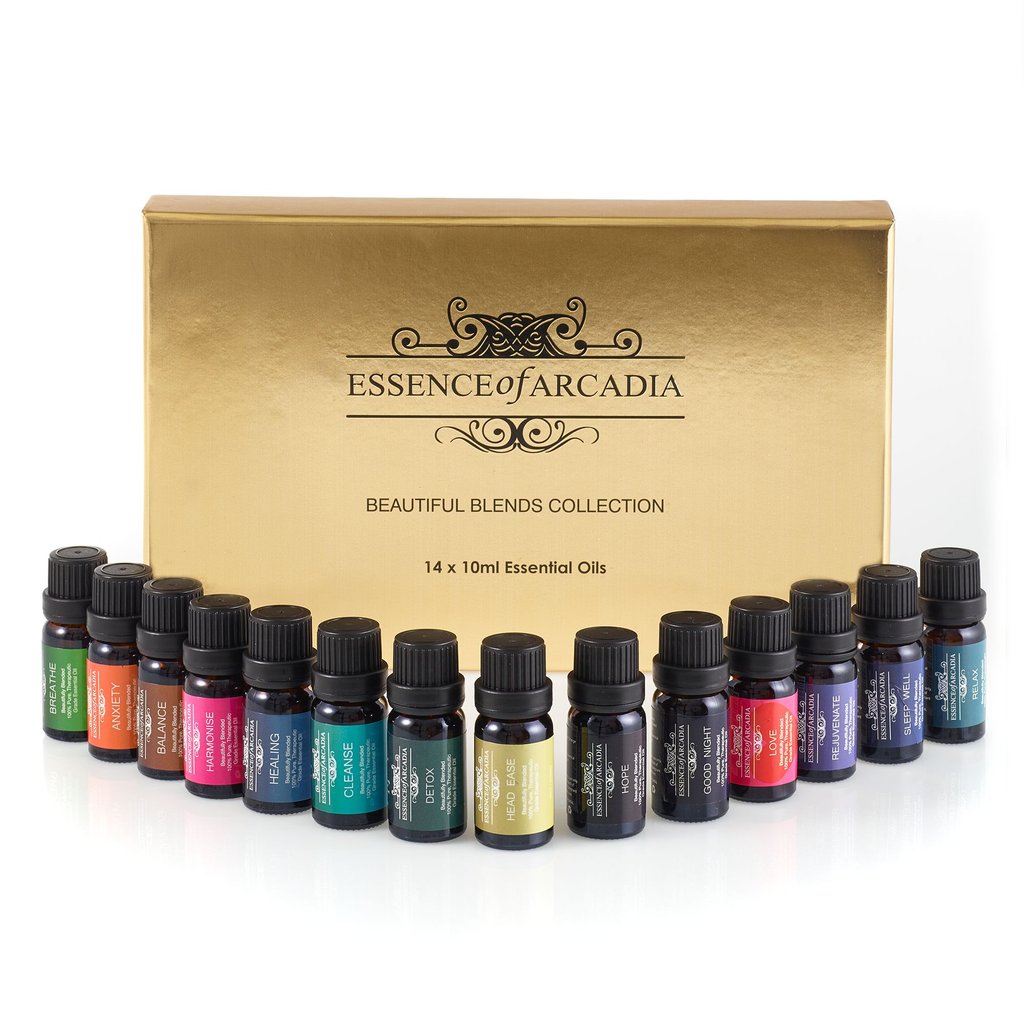Essential oils that were once only found in aromatherapy spas are taking the UK by storm, with newspapers from The Telegraph to the Mail Online reporting about increased interest in health and beauty oils and their benefits for skin, air, digestive and mental health.
Doctors have long been aware of the benefits of essential oils. Studies have been conducted to measure the effects of products like lavender oil on health, with many indicating that it can help in fighting back against depression, particularly in new mothers.
Recommendations and data from doctors have been backed up by endorsements and stories from celebrities. Miranda Kerr, who split from Orlando Bloom recently, opened up about her use of essential oils to overcome sadness and depression.
What is it that’s driving the massive increase in interest in essential oils not just amongst stars, but among the British public?
For one, essential oils offer many of the benefits of high-end cosmetic products at a tiny fraction of the cost. Certain essential oils, such as tea tree oil, play a major role in fighting against acne and creating healthier, smoother, softer skin.
Small doses of tea tree oil applied directly to the skin have been linked to a reduction in bacteria levels, fueling its effectiveness in reducing acne. Available for a fraction of the cost of many skin products, tea tree oil has grown into one of the UK’s most popular anti-acne treatments.
Other essential oils offer similar benefits, all at a similar cost-to-value ratio that puts them ahead of established, heavily marketed cosmetic and health products.
Jamaican black castor oil, for example, has been linked to faster hair growth and a measurable improvement in hair health. Ylang-ylang oil has a centuries-long history of being used to protect hair against damage from the elements, such as dry air and salt water.
Others, such as geranium oil, have been linked to tighter skin and a reduction in facial sagging over time. Certainly a more cost-effective option than a facelift, which can require thousands of pounds and deliver results that many patients aren’t completely satisfied with.
The huge growth in demand for essential oils isn’t the result of media hype or public relations, either. Data from Google Trends shows that searches for information on essential oils and their benefits increased 400% between 2011 and 2015, signalling a massive surge in interest.
Then, there are the other benefits. From brighter skin to reduced free radicals, essential oils are closely linked with improvements in almost every aspect of health. It’s no wonder they’re one of the UK’s fastest growing health trends.
Like all natural products, essential oils can’t solve every problem. They’re unlikely to turn back the clock on 20 years of aging or fight back independently against severe depression. Despite this, their benefits are hard to deny, and for many people, worth the small cost of purchase.
Where will they go from here? It’s hard to tell, but with their low cost and lengthy list of health and beauty benefits, it’s difficult to see the expanding level of interest in essential oils getting smaller anytime soon.



